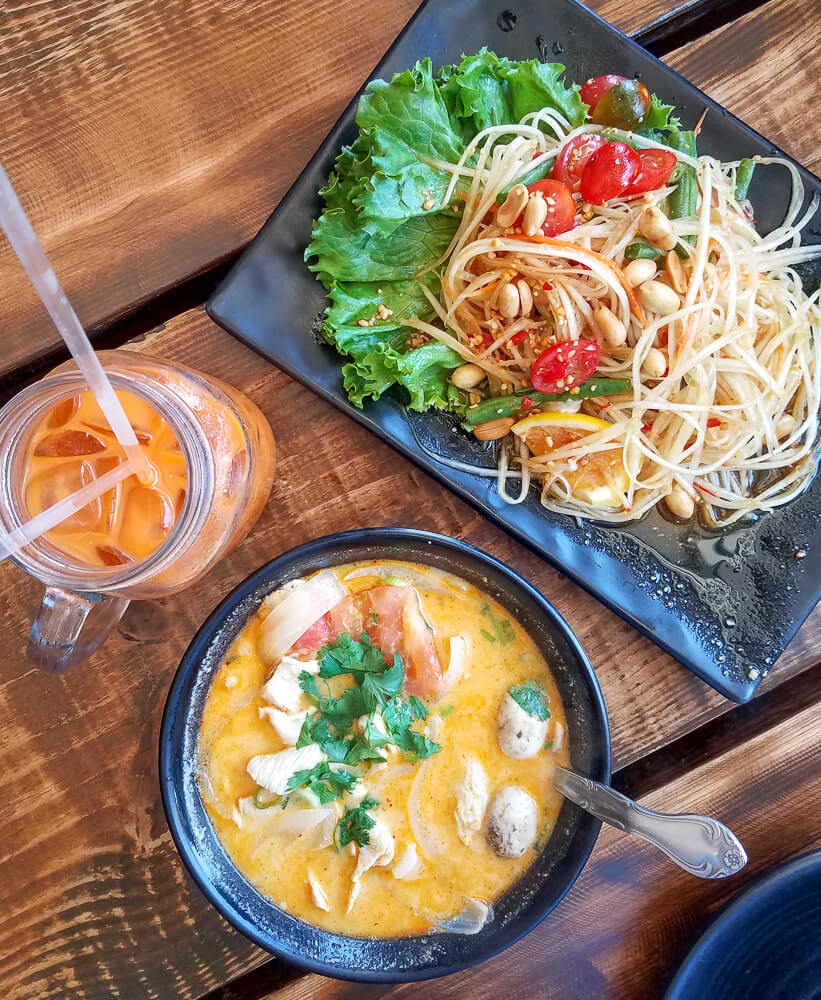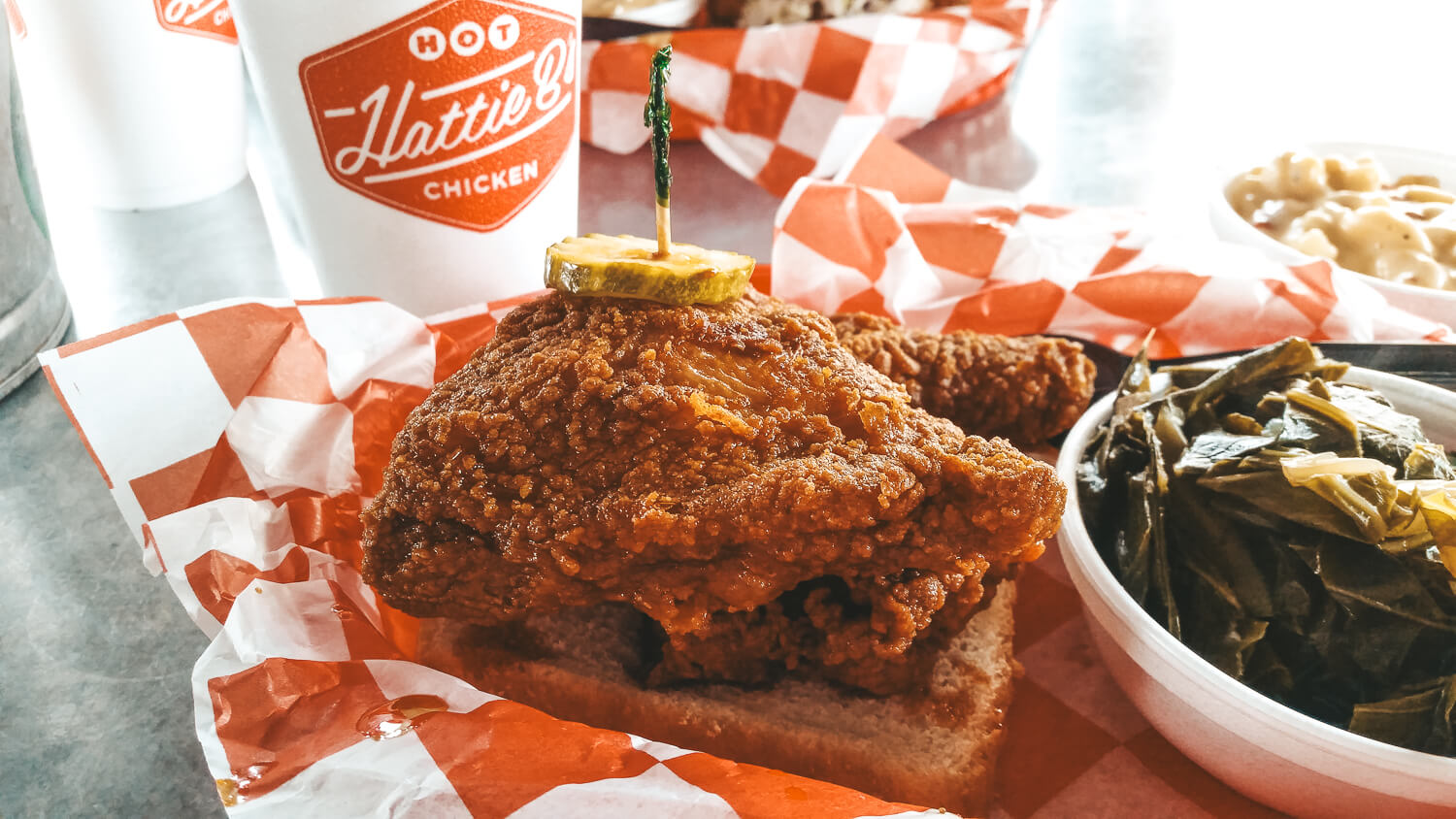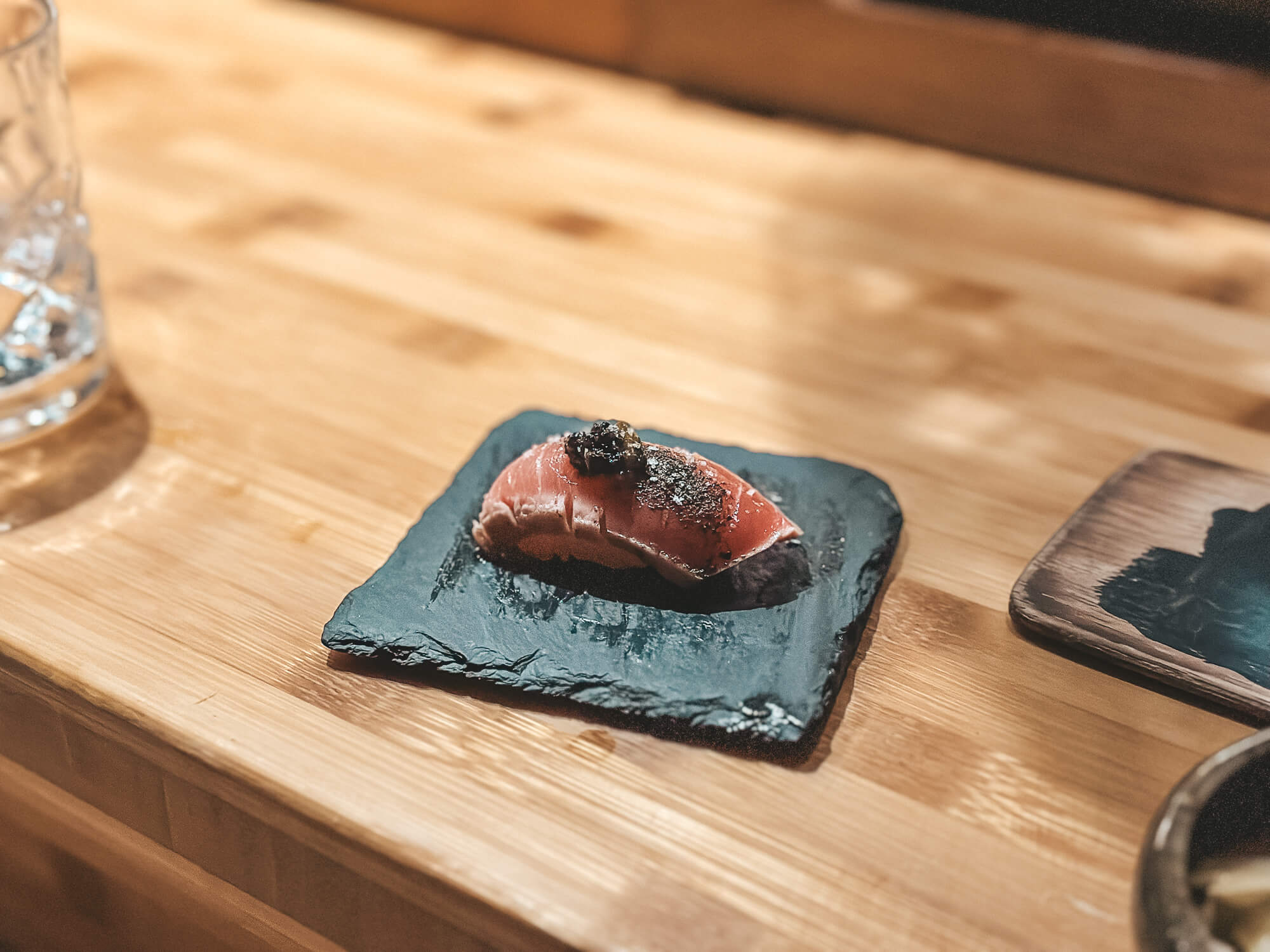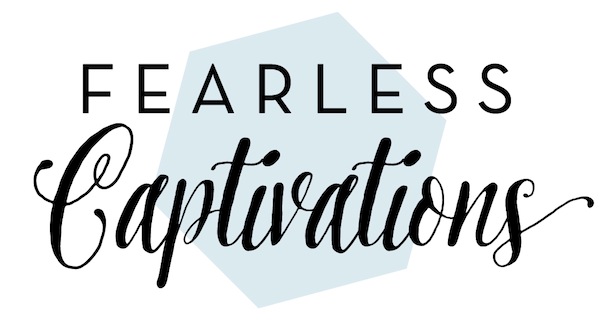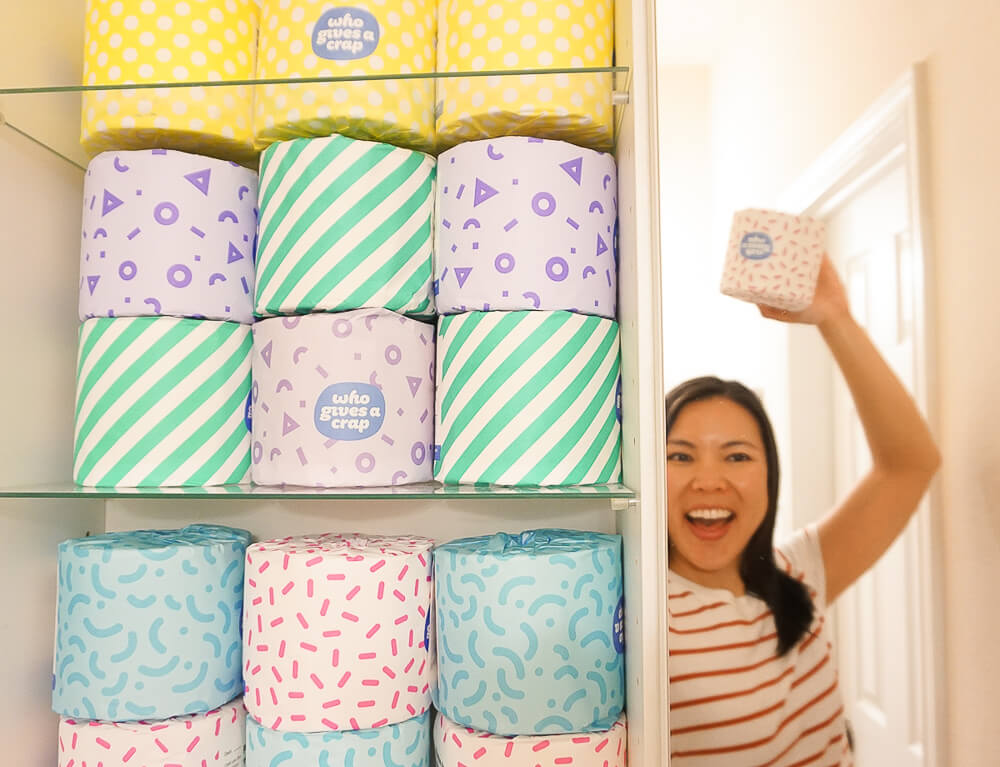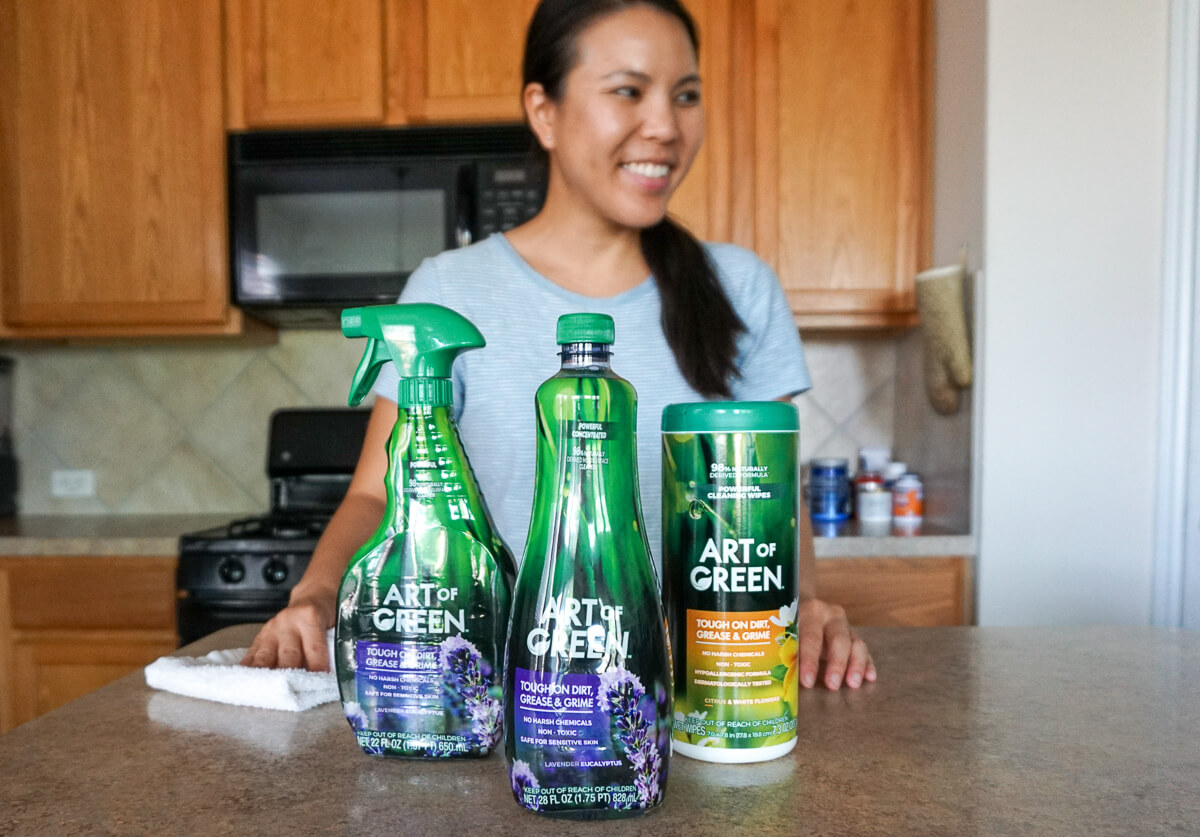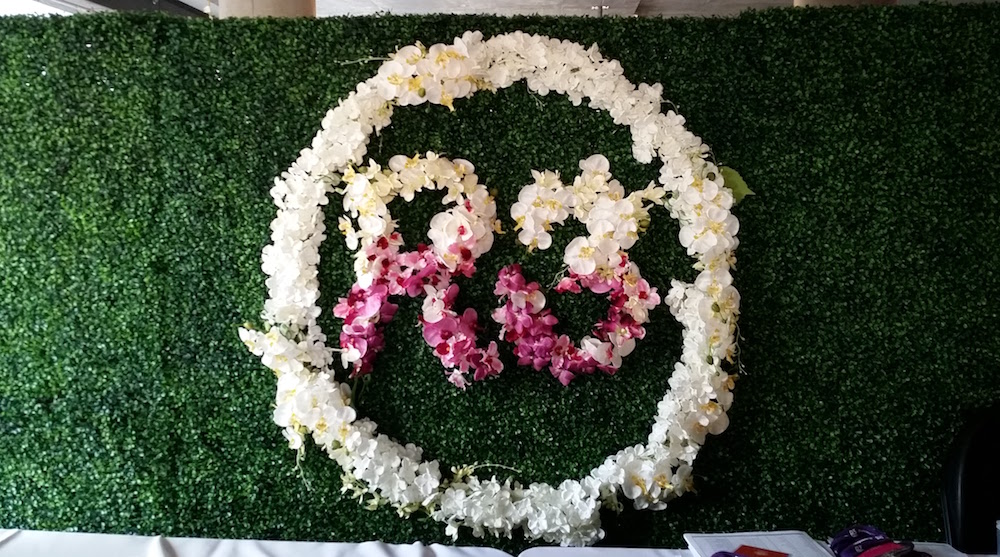
I was excited to attend the 3rd Annual Prevention R3 Summit in Austin last weekend, thanks to my friend Amy. The focus was on R3: refresh, revive and reinvent, and Prevention Magazine did a fantastic job on curating topics and gathering thought leaders to discuss how we can all live a healthy life and make improvements. I really enjoyed the panels relating to food because it’s an area we deal with on a daily basis and can always improve.
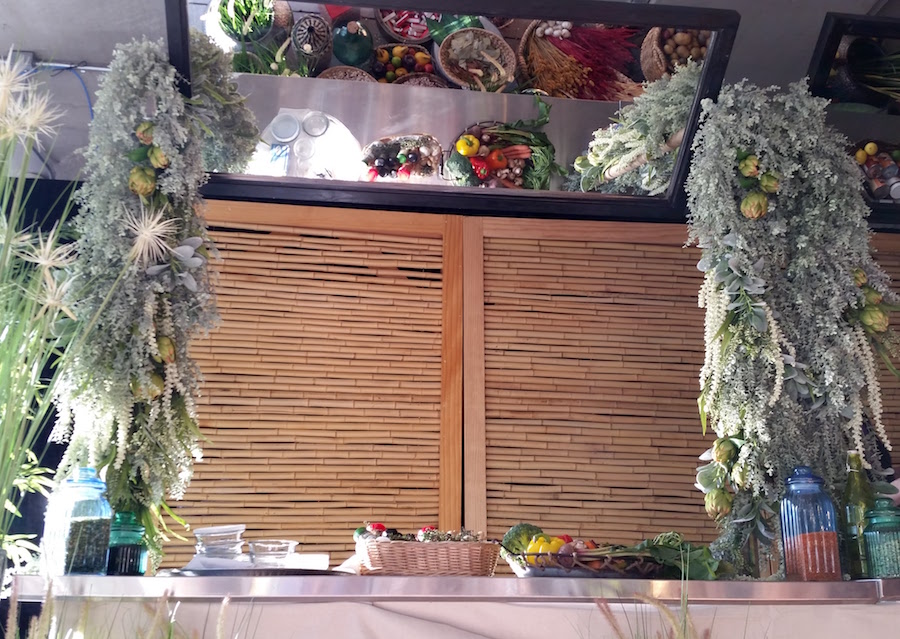
Loved the artichokes in the decor at the cooking demo station.
The most important reminder I got from R3 Summit was one I heard in different forms in multiple panels: the best way to be healthy is to EAT WHOLE FOODS, which are the products that don’t need an ingredient list. This will give you the most nutrients and is the best for your body. Try to have a fruit or veggie at each meal and consume one soup or salad every day.
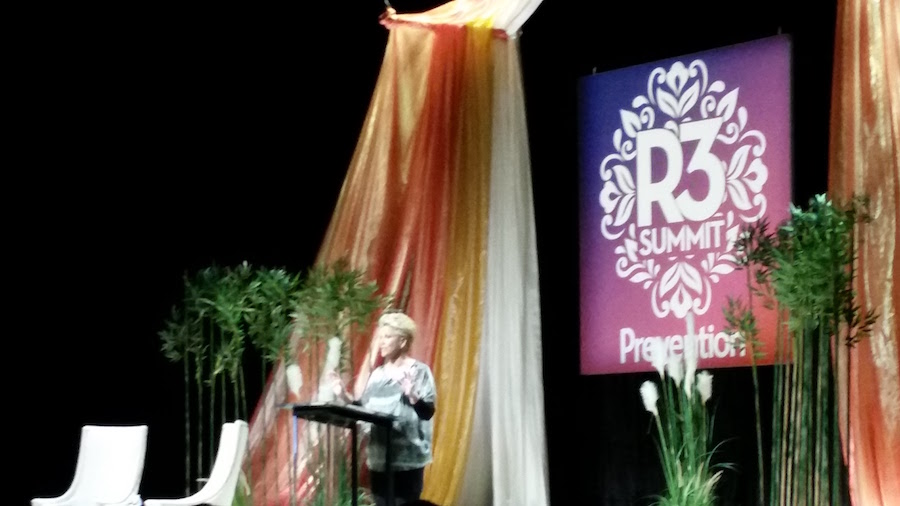 Joan Lunden was the keynote speaker and did a great job at addressing our emotional health. In sharing her story about her career and challenges, she had some thoughtful advice on how to approach life. Here are some of my favorites.
Joan Lunden was the keynote speaker and did a great job at addressing our emotional health. In sharing her story about her career and challenges, she had some thoughtful advice on how to approach life. Here are some of my favorites.
- Every time we share our story, someone learns.
- The successful people go out and make their own success. They find their purpose and joy and act on it.
- Sometimes you have to risk not being great.
- Get out of your environment to grow and understand the world.
- Take each story and make it shine. (Work hard in all that you do.)
- Do anything necessary for the desired end goal. This is what leaders do.
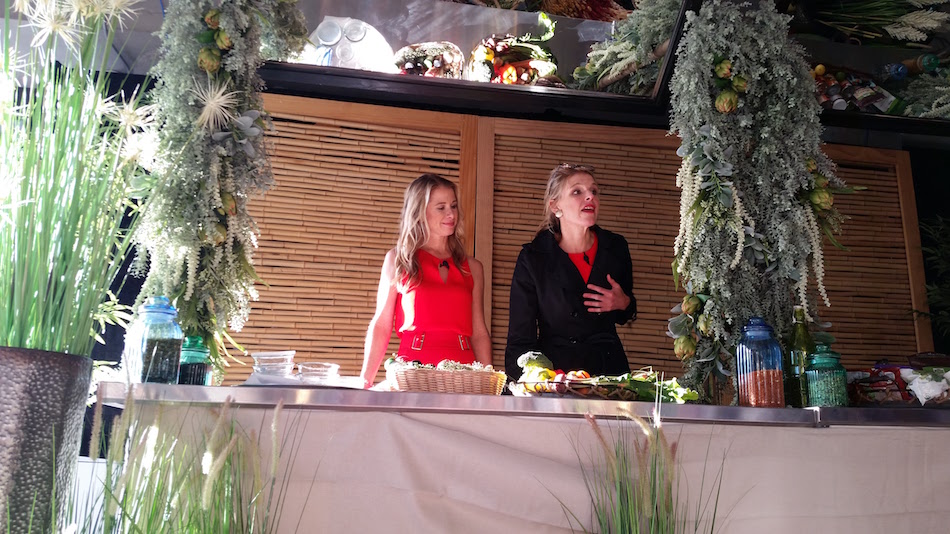 The first step to more nutritious eating is knowing what you’re eating and tricks to eat more nutritiously. I loved the session with Wendy Bazillian and Sarah Toland where they shared these tips.
The first step to more nutritious eating is knowing what you’re eating and tricks to eat more nutritiously. I loved the session with Wendy Bazillian and Sarah Toland where they shared these tips.
- Don’t believe all the “healthy” labels (natural, organic) you read, even when you’re shopping at Whole Foods. If you want to be sure you’re getting the ‘best for you’ products, read the ingredients. Avoid “enriched,” “hydrogenated oil,” and artificial colors.
- If the ingredient ends in “ose” (like glucose), it is most likely a form of sugar. Consumers will recognize “sugar” but less likely the other forms, so companies hide these among the ingredients.
- After you grocery shop, mark the current date of your foods. You are more likely to use it up when you see that date.
- Rinsing your canned beans/vegetables will rid 30-40% of the sodium.
- Use glass containers (no BPA) to SEE your food. Entice yourself with good food.
- Put more nutritious foods at eye-level in your refrigerator or pantry.
- We eat 92% of what we serve ourselves. Try giving yourself smaller portions or using smaller dishware.

Moving into a more scientific discussion, the Human Gut (stomach and intestines) Microbiome is somewhat of an unknown as scientists continue to research and discover. Nonetheless, the panel had these things to share with us. So much of how well our body functions is tied to what we eat!
- Healthy gut microbiome leads to a good immune system.
- There’s a correlation of what goes on in your gut and what’s going on with you psychologically.
- Diet is the major shaper of your gut microbiome.
- Probiotics (found in yogurt, fermented foods) are a way to restore balance in your body but prebiotics (found in fruits and vegetables) should be your starting place for a healthy gut.
- Everyone’s microbiome is different and varies in the needed balance of bacteria to have a healthy microbiome. It’s not a one-size-fits-all approach.
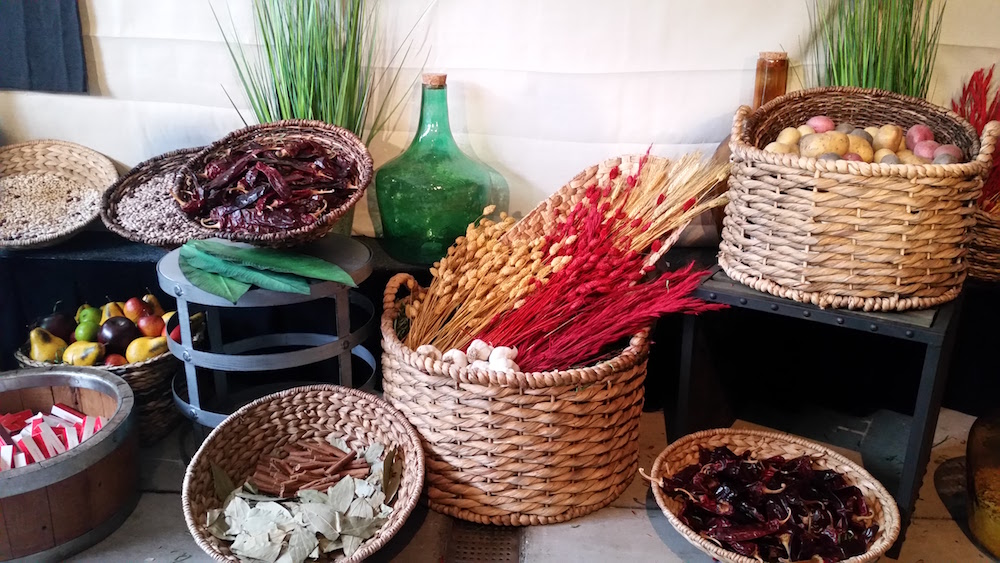
Here is some thoughtful advice I heard throughout the event.
- Try meditation! It will relieve stress and anxiety, improve brain function, and lower risks of health issues.
- Your body needs a full cleanse a couple of times a year. Juice cleanses are not real cleanses. A cleanse involves removing, restoring and repairing. (There was SO MUCH good information in this session but it’s very scientific and requires a lot of explanation, so I recommend exploring the speaker, Ali Miller’s website to learn more!)
- If you don’t challenge your fitness, you lose your fitness. (This can be applied to most things in life. Strive for more!)
- When you’re striving for improvement, focus on the principles, not the programs. (Sometimes you can get so stuck in failing at a program that you don’t make progress. The thought is kind of like guidelines instead of rules.)
- Health is dynamic. There are goals you can reach but it’s never the end.
- Be in the driver’s seat of your health!
- Simple, small upgrades make a big difference.
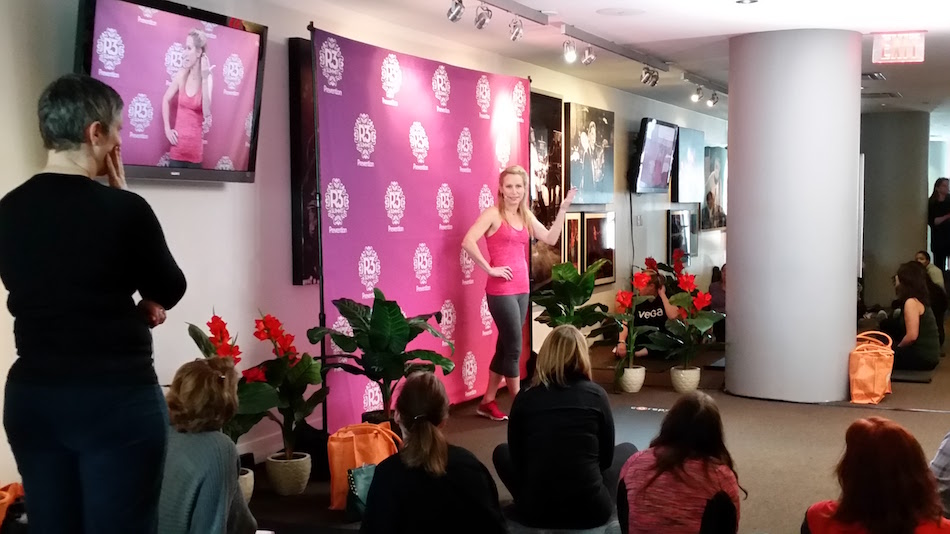
Fit in 10 (minutes) Workout with Larysa DiDio
Although I geeked out on all the education discussions (everything above), I also enjoyed everything else the summit had to offer.
- Chefs of Austin restaurant The Bonneville had a fun cooking demonstration using Wild Planet Sockeye Salmon. We got to try the brussels sprout, kale and salmon salad made by Chef Jennifer and the salmon burger by Chef Chris. Both really good!
- We did a 10-minute work-out with trainer Larysa DiDio. I will admit, I did work up a sweat! She mentioned a study that showed even consistent, daily 10-minute work-outs will help you get in shape!
- I got an oral cancer screening done, thanks to Smile Generation. It took about 15 seconds and I’m glad to report no bad news here!
- I found a new favorite snack brand – Go Raw. I tried a bunch of their products and my favorites were the carrot cake sprouted cookies and Pizza Flax Snax.
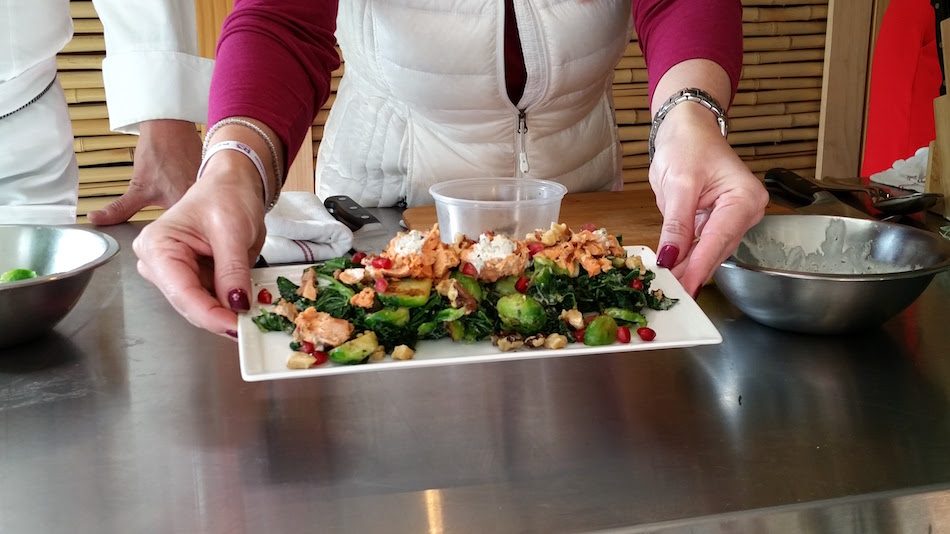
Chef Jennifer of The Bonneville created this Brussels sprouts and kale salad with salmon – so good!
R3 Summit was a great reminder to think about what you consume. What I eat not only has a big impact on my weight and appearance in a week from now, but the compound results of what I eat has an influence on my future five months and ten years from now. I want to live a long life free of disease and health complications. Eating the best foods and taking time to exercise my body and mind can help me get there. Thanks, Prevention, for the reminder and for an inspirational event!
What is one way you try to live a healthy life?
